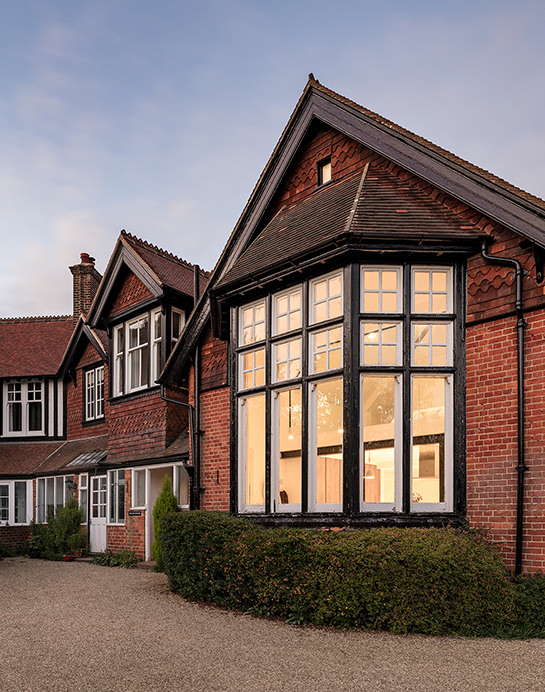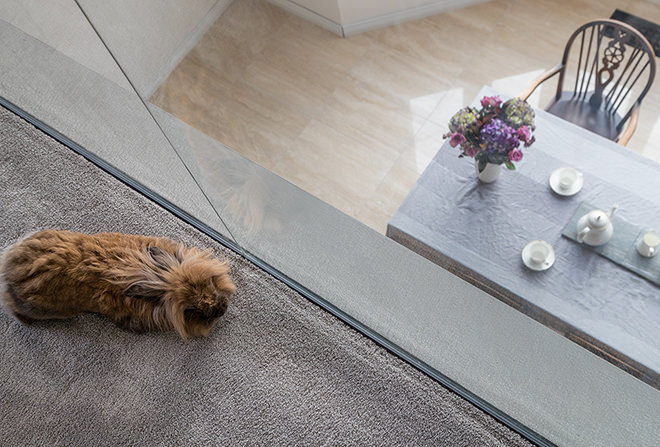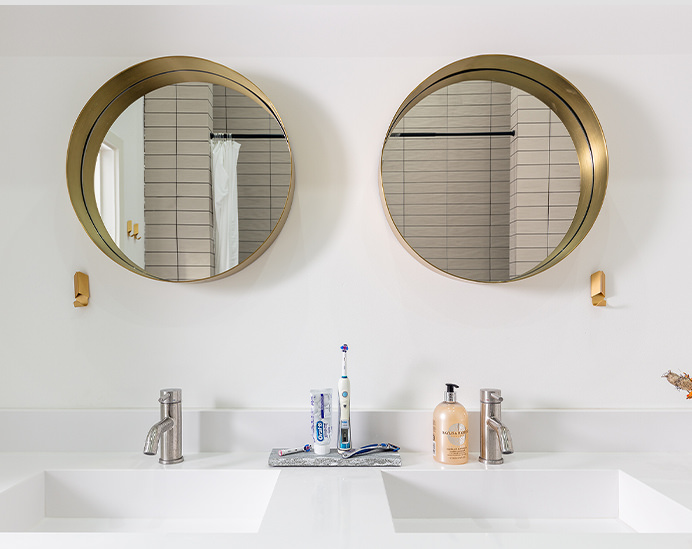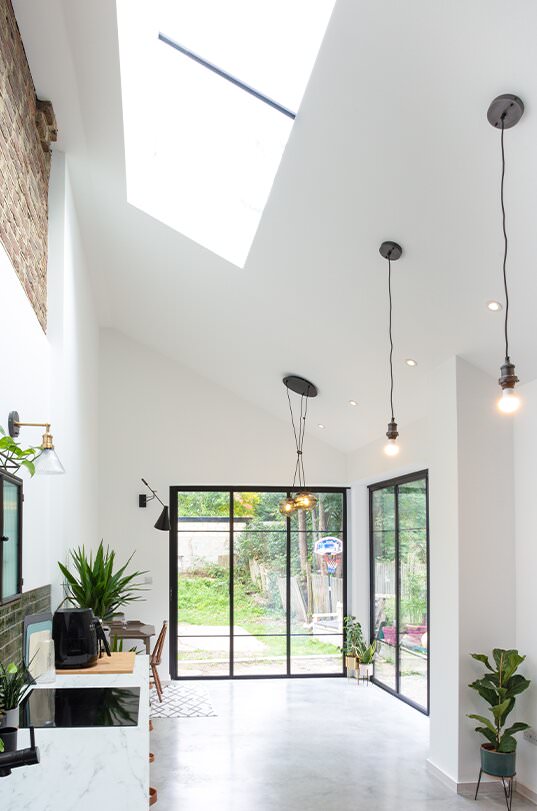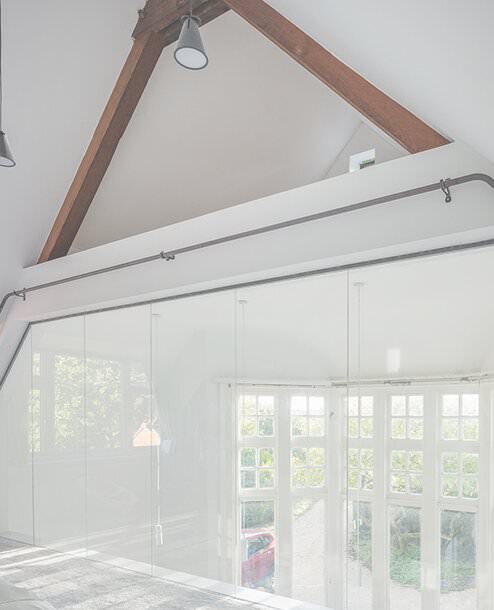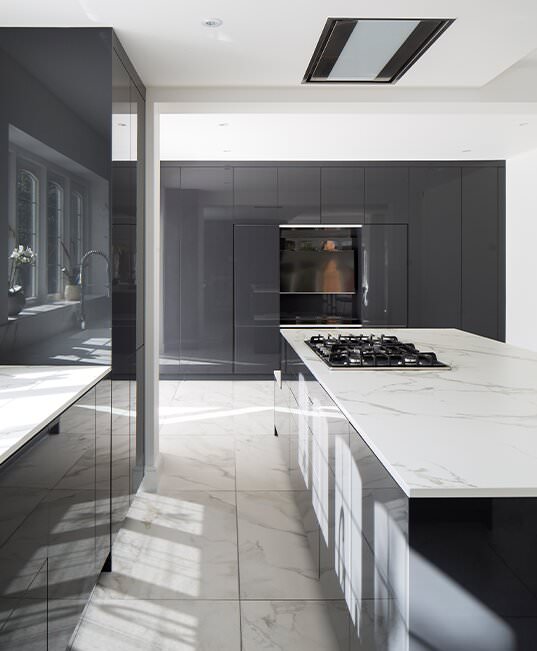How to Choose an Architect: 5 Questions You Must Ask
November 24, 2021
So you've found yourself trying to find an architect.
We thought we'd dig into our opinions into why selecting the right architect for a project is an important and rewarding process. We’ve also put together 5 key questions you should ask an architect before getting started.
Where do I find an architect?
Aside from the standard google approach, a good place to start is the Royal Institute of British Architects (RIBA) chartered architect’s directory. This will give you a good base of qualified and chartered architectural practices who will stand by the standard code of conduct and competencies that the RIBA set out.
How do I choose an architect?
Anyone can choose an architect; the difficult part is finding a good architect! We’ve outlined 3 headlines to consider.
i) Portfolio
ii) Risk management
iii) Certification
1. PORTFOLIO
First and foremost - do you like their work? Go to their website and check out their projects to see if you’re happy with their previous output. There are so many types of architects out there, from conservation architects to modernist architects, so it's really important to get the right fit.
2. RISK MANAGEMENT
Beyond the portfolio, you should hire your architect as a safe pair of hands. The construction industry is fraught with risk - planning risk, cost risk, and construction risk.
Being an architect is very multifaceted and you should think beyond the pretty pictures of their portfolios. There should be clear and robust systems in place to manage the three risks listed above.
Planning risk - in order to manage your project’s planning risk, we build in pre-application meetings into our design process to ensure considered conversations take place about our designs with the local planning authority prior to the planning submission. This means that when your final planning application is sent to your local authority, it won’t be the first time they’ve seen it which allows us to integrate or consider any comments that they may have put forward.
The last thing you want is to spend thousands on an unconsidered planning application that is rejected.
Cost risk - it's easy for us to draw you a dream house with a limitless budget. What makes it a challenge is to fit it into a realistic budget.
Managing costs is incredibly key as so many clients have come to us after they've spent thousands getting up to tender stage to builders only to realise they can't afford it.
Your architect and design team should be managing your costs from day one. A quantity surveyor is a key member of the design team and will be working with the architect to give you a handle on costs as the design progresses.
Construction risk - Is your chosen architect a seasoned professional? And if so, what have they built? Being an architect is a million miles away from just drawing a pretty picture. One of the hardest facets of architecture is how we put things together.
Check if your architect has a built portfolio on their website as that's key to understanding whether they have experience and knowledge of building in the later phases of a project.
Unfortunately, it's not uncommon to see planning submitted (and sometimes approved) with little consideration to how things are built. This will leave you with issues post planning in having to resubmit planning for something that is considered, possible and buildable.
3. CERTIFICATION
In my eyes - probably the last on the list - but still important to consider nevertheless. There are plenty of very talented architectural designers out there who aren't certified by the ARB registered, so it's worth considering all avenues to see what suits you.
Being ARB registered means that we've gone through the training and achieved the level of competency required to legally call ourselves an architect. It also means that we sign up to and abide by a code of conduct set out by the ARB.
5 Questions You Must Ask Your Architect
1) How many design iterations are included?
Good design is an iterative process. The RIBA sets out a standard workflow to enable design iterations to be carried out at varying stages so your architects should be following a similar route. Note: Design is never finished in one iteration, so if you’ve been priced for one, then beware as you’ll likely be hit with further fees down the line.
2) How do you manage planning risk?
Their answer here should be through careful collaboration with either the local authority or a planning consultant. If it’s not, it’s likely you’re buying more of a drafting service than a considered design service. By talking to the local authority or planning consultants, you’re maximising your planning approval chances.
3) How do you manage cost risk?
Your project should always hold some form of cost control during the design stages of the project. At Vita, we work with both Quantity Surveyors who are trained external professionals that give impartial cost advice and a shortlisted host of contractors. Both these parties can give us cost advice as the design progresses.
4) What is your process?
The RIBA set out a standard workflow to which most projects work to. This way you should have a clear route map to the end goal alongside deliverables as to what to expect e.g., is virtual reality included, visuals, models, sample boards? Compare apples for apples, or if unclear as to what’s included, ask!
5) Do you have professional indemnity insurance?
The answer here should be yes in any case, but also check what cover they hold, as the bigger the project, the bigger their cover should be.
So there you have it, our take on how to select an architect.
At Vita, we understand we’re not everyone’s cup of tea and it’s really important to all clients to be choosing the right architect.
So, if in doubt, please do pick up the phone and call us today on 0208 1441737 or email us at [email protected].
